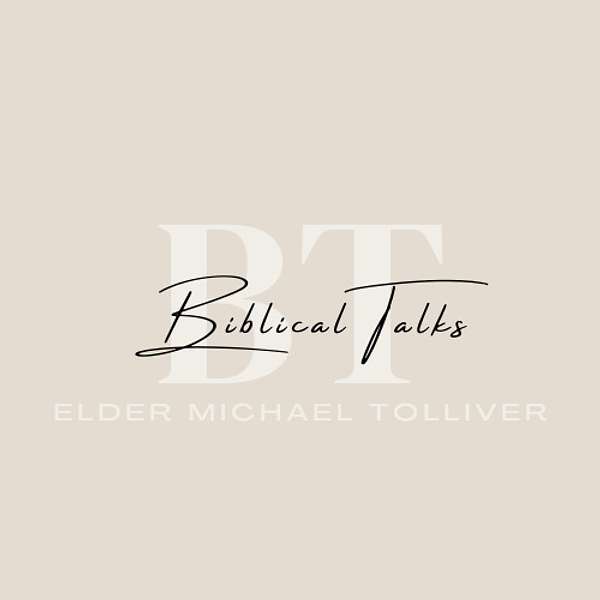
Biblical Talks with Elder Michael Tolliver Podcast
When the term Reformed theology is used, it often refers to something less historical. Often it refers to a theology that acknowledges the doctrine of predestination and holds to a high view of the Bible as God’s inerrant Word. Sometimes it is also identified with the so-called five points of Calvinism: total depravity, unconditional election, limited atonement, irresistible grace, and the perseverance of the saints. These are all important teachings of the Reformed tradition, but they do not fully encapsulate or describe Reformed theology.
A better starting place is five statements that have been called the five solas of the Reformation. These five solas (sola is the Latin word for “only” or “alone”) are sola Scriptura (Scripture alone), sola fide (faith alone), sola gratia (grace alone), solus Christus (Christ alone), and soli Deo gloria (God’s glory alone). Put together, these solas clearly express the central concerns of the Protestant Reformation, which was about worship and authority within the church as much as it was about individual salvation. The “alone” in each is vital, and they emphasize the sufficiency of God’s Word and the gracious nature of salvation, received by faith alone, in Christ alone. The last of the five solas, soli Deo gloria, is the natural outworking of the first four. It reminds us that Reformed theology understands all of life in terms of the glory of God. To be Reformed in our thinking is to be God-centered. Salvation is from the Lord from beginning to end, and even our existence is a gift from Him.
Biblical Talks with Elder Michael Tolliver Podcast
April book of the Month: Evangelism and the Sovereignty of God by J. I. Packer
Unravel the complexities of God's omnipotence and human responsibility with Ji Patrick, as he elaborates on the provocative intersections between divine sovereignty and the imperative of Christian evangelism. Prepare to cast aside any preconceived notions that suggest a belief in predestination negates the urgency of sharing the gospel. In our enlightening exchange, Patrick meticulously dissects the scriptural evidence, articulating how a profound comprehension of divine sovereignty not only eliminates the barriers to evangelism but also ignites the very heart of its mission.
This episode is a treasure trove for those grappling with the intricate doctrines of predestination and free will, especially in the realm of faith proclamation. Patrick masterfully demonstrates that the recognition of God's supreme authority is not a deterrent but rather a powerful catalyst for the evangelistic calling. Embrace this enriching dialogue that promises to invigorate your understanding and commitment to the evangelistic mission, reaffirming the significance and necessity of our role within God's overarching design.
Have a blessed day, and thanks for listening! Visit my website to learn more at https://www.biblicaltalks.com
If God is controlling everything, can Christians sit back and not bother to do evangelism? Others, after evangelism, imply that God is not really sovereign at all really sovereign at all. Ji Patrick shows us in his new edition of Evangelism and the Sovereign God how both of these attitudes are false. In a carefully review of the biblical evidence, he shows how a right understanding of God's sovereignty is not so much a barrier to evangelism as, in motivation, empowers the core of it. With over 100,000 copies in print, evangelism and the Sovereignty of God is truly a classic that should be read by every Christian. So this month, in April, biblical talks will be offered as book Evangelism and the Sovereignty of God by JR Packer III, for an amount of donations to biblicaltalkscom. Thank you, and have a blessed day.
Podcasts we love
Check out these other fine podcasts recommended by us, not an algorithm.
